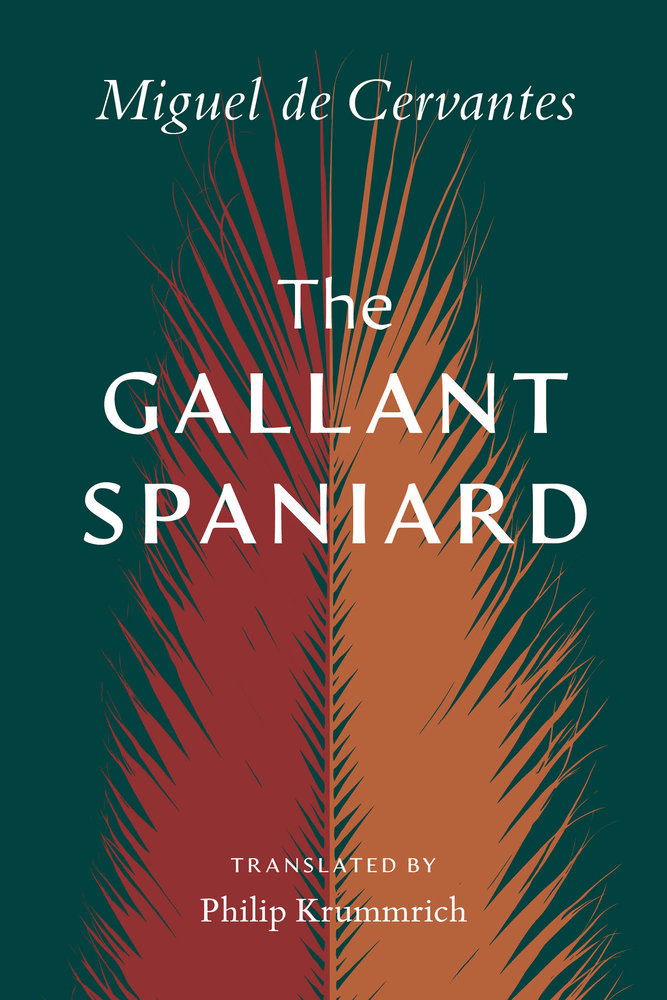There are surprising omissions in the translated body of Spanish Golden Age literature, including in the corpus of Miguel de Cervantes. We have many highly competent translations of Don Quixote, but until now not a single English version of his play The Gallant Spaniard. Although Cervantes´s dramatic works have always attracted less attention than his narrative fiction, there has been significant critical interest in this play in recent years, due in no small part to its unique portrayal of Christian-Muslim relations. Critics have argued persuasively about the value of The Gallant Spaniard in the service of a more general understanding of Cervantes in his last years, specifically in regard to his views on this cultural divide.
This edition, translated by Philip Krummrich, consists of a critical introduction and a full verse translation of the play with notes.


